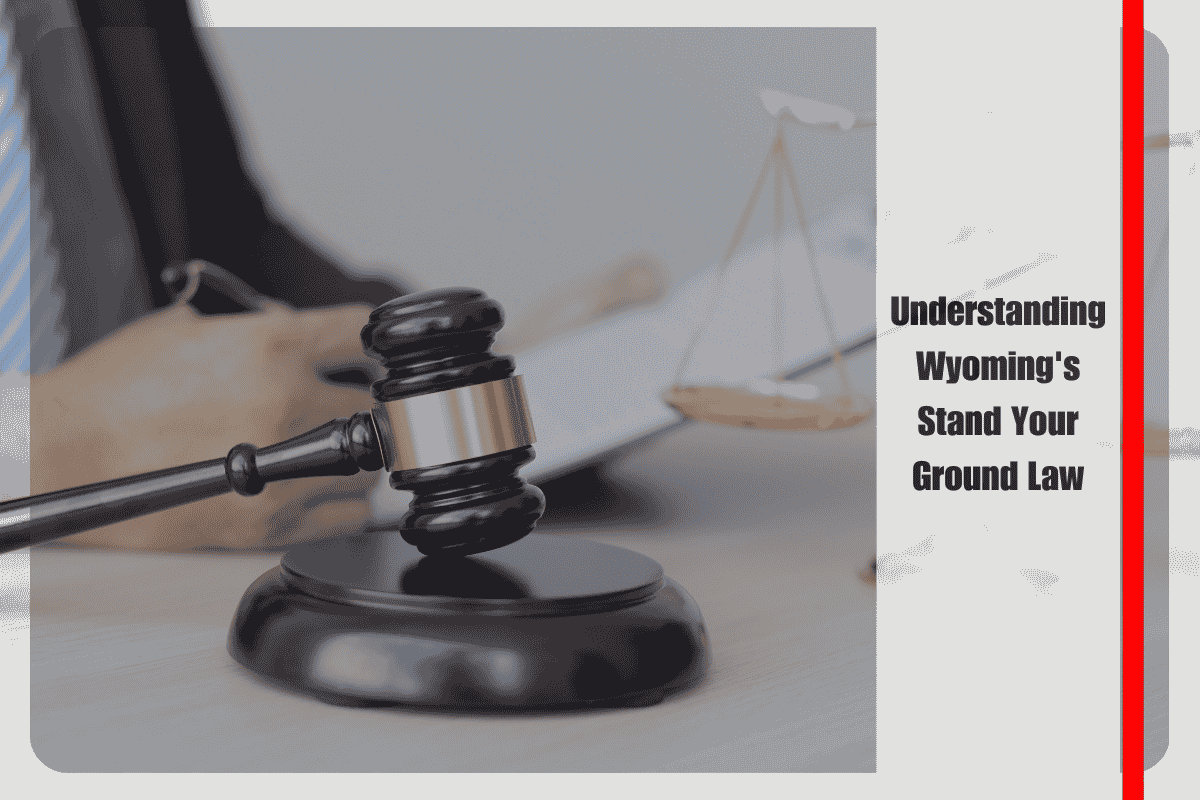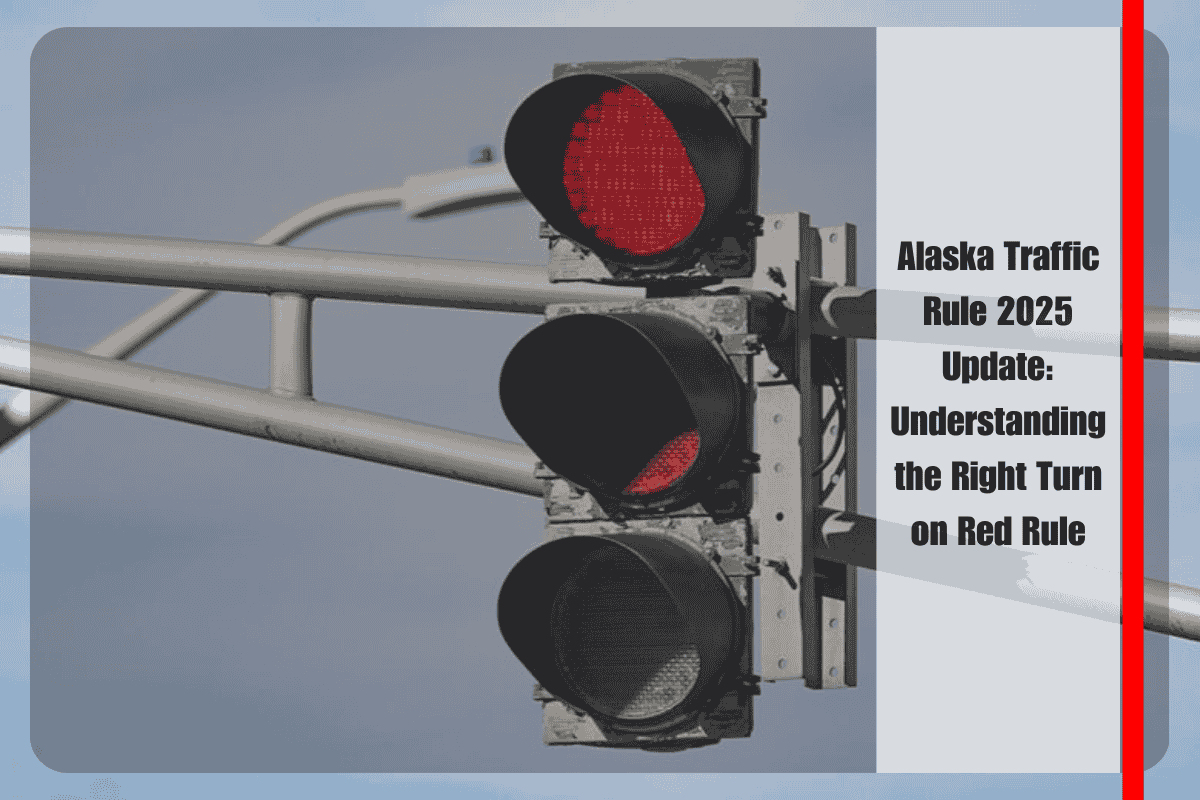Dash cams have become an essential tool for many drivers, providing video evidence of incidents on the road, from accidents to traffic stops. In Georgia, as with many states, understanding the rules and regulations surrounding dash cams is crucial to ensure you’re using them legally. This article will explain the key aspects of dash cam regulations in Georgia, including privacy concerns, installation guidelines, and how dash cams can be used in legal matters.
Are Dash Cams Legal in Georgia?
In Georgia, dash cams are generally legal to use, and they can be valuable tools for both personal and commercial drivers. There are no state laws that prohibit the installation or use of dash cams in private vehicles. Whether you’re a commuter, a rideshare driver, or a trucker, you are allowed to install and use a dash cam for recording video of the road. Dash cams can be useful for providing evidence in case of accidents, disputes with other drivers, or even insurance claims.
However, like all electronic devices, dash cams must be used responsibly, and there are some important legal considerations to keep in mind.
Privacy Laws and Dash Cam Recording
While Georgia does not have any state laws specifically banning dash cams, there are privacy concerns related to recording in public and private spaces. Georgia is a one-party consent state, meaning that as long as one person involved in a conversation (which could include the driver in a vehicle) consents to the recording, it is legal. This means that if you’re recording audio alongside video in your car, you don’t need the consent of other passengers to legally record the conversation.
However, you must be cautious if you’re recording in private areas where people have an expectation of privacy. For example, recording inside private properties or through windows may run into privacy issues. You should avoid recording people in places where they have a reasonable expectation of privacy, as it may violate their rights.
Dash Cam Placement and Obstruction Laws
Another important consideration in Georgia is the placement of the dash cam. According to Georgia law, the device should not obstruct the driver’s view of the road. If the camera or its mounting obstructs the driver’s field of vision, it could lead to a traffic violation. The law requires that anything placed on the windshield must not block more than 5 inches of the bottom portion of the windshield, which is typically where the dashboard and rearview mirror are located. It’s essential to install the dash cam in a manner that doesn’t interfere with the driver’s ability to see and react to traffic.
Using Dash Cam Footage in Legal Matters
Dash cam footage can be incredibly valuable in legal situations. If you are involved in an accident or a traffic stop, having video evidence can provide clarity on what actually happened. In Georgia, dash cam footage can be used in court as evidence, just like any other video recording. However, there are some things to consider:
Admissibility in Court: To be admissible in court, the footage must meet the rules of evidence. This typically means the video must be authentic, unaltered, and relevant to the case. For example, if you’re involved in an accident and your dash cam recorded the incident, the video could be used to show how the accident occurred and who was at fault.
Traffic Violations and Evidence: If you capture a traffic violation, such as a car running a red light or speeding, you may be able to use that footage to report the violation to authorities. However, dash cam footage should not be used to aggressively confront other drivers or provoke legal issues. It is recommended to report violations through the proper legal channels.
Insurance and Dash Cams
Many insurance companies recognize the value of dash cams and may offer discounts to drivers who install them. Having video evidence of an incident can help expedite the claims process and provide clear proof of what happened. In Georgia, dash cams can serve as useful tools for insurance purposes, as they help prevent fraudulent claims and give both the insured and insurer a clearer picture of an accident or dispute.
Dash cams are legal to use in Georgia, provided they are used responsibly. It’s essential to ensure that your dash cam is installed in a way that does not obstruct your view while driving and that you are mindful of privacy concerns when recording. Whether you’re using a dash cam for safety, insurance purposes, or legal reasons, it’s a good idea to stay informed about the regulations in your state and ensure you’re using your dash cam in accordance with the law. If you’re ever unsure, consulting with a legal expert can help clarify any questions regarding dash cam footage and its use in legal matters.
Sources
[1] https://www.mulliganattorneys.com/smoking-and-vaping-laws-in-north-carolina
[2] https://raleighmag.com/2025/06/nc-vape-ban-july-2025/
[3] https://www.usnews.com/news/best-states/north-carolina/articles/2024-07-03/vaping-regulations-dmv-changes-among-bills-signed-by-north-carolina-gov-roy-cooper
[4] https://www.wunc.org/politics/2024-07-04/north-carolina-vaping-opioid-regulations-roy-cooper
[5] https://www.fresortech.com/vaping-laws-in-north-carolina












